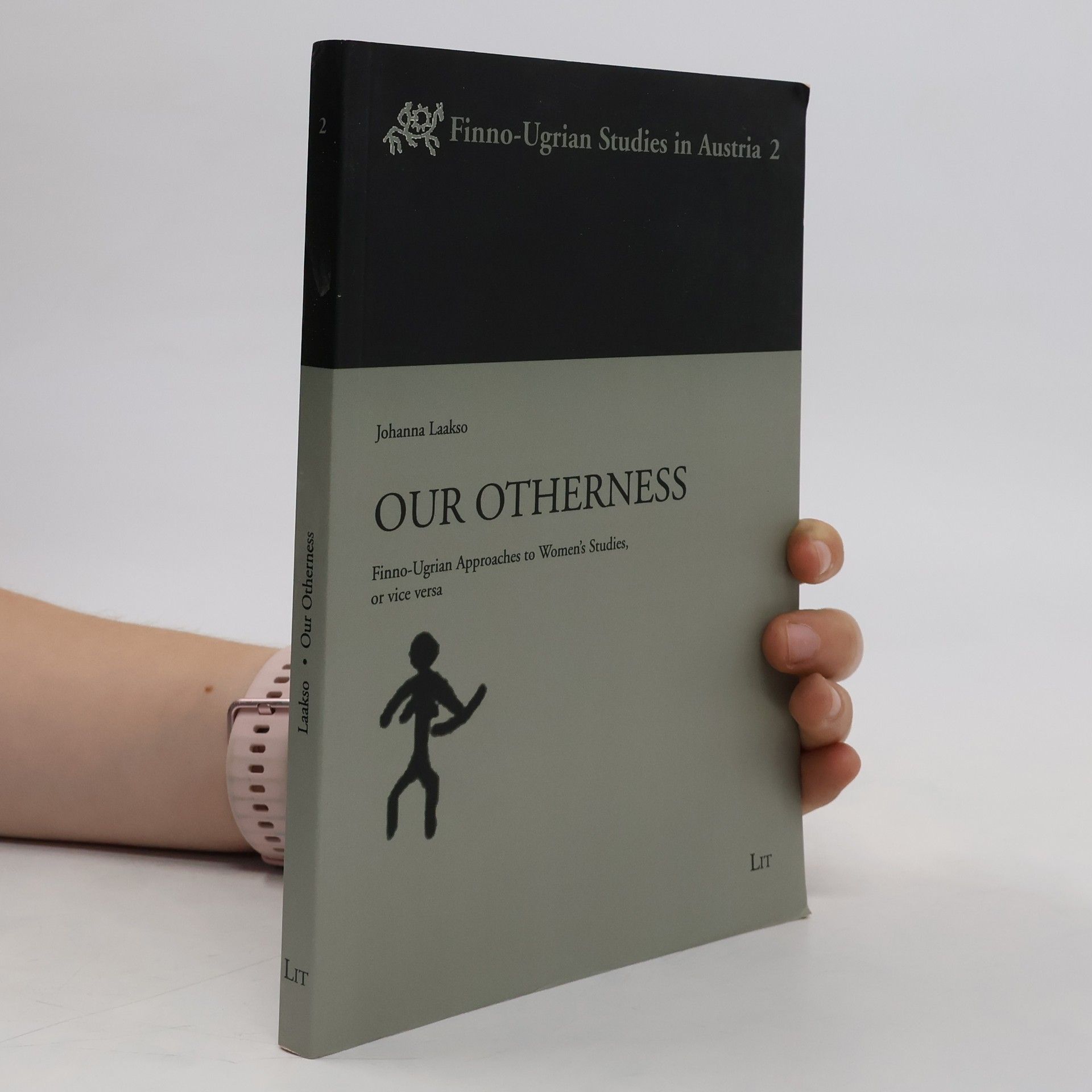Wish upon no star
- 322pages
- 12 heures de lecture
Young android Bliss is about to die, in a total reboot and recycle. Her owner Tess van der Holt wants her destroyed. Bliss doesn't understand why, but it might have something to do with her eccentric former master, the Doctor, who has gone missing. Forced to live under the shadow of her imminent demise, every morning is a gift for Bliss, and the youngling has a hunger for new experiences. Astrid Almquist is Bliss' stressed out attorney. The daughter of Asian, working-class immigrants, she has worked hard to climb the social ladder. Truthfully, Astrid finds androids rather creepy. To her, any attempt to ascribe human feelings to a robot is a clear case of antropomorphism. But she also must admit, on some level, her new client Bliss is different. For starters, she has cultivated tissue covering her sophisticated wires, and an actual human DNA. Does that mean that the android, who has a knack for seeing gold in the mundane, also can also be counted as a human being? A free-standing, lesbian sci/fi story, about Artificial Intelligence and the art of living, set in the same world as Kissing the cold-blooded. For more info go to jolabooks.com.

